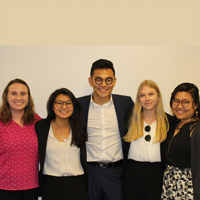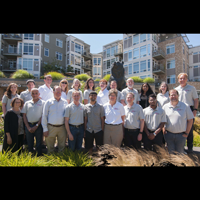The CRA Taulbee Survey and Teaching Faculty Data
Non-tenure-track teaching faculty are becoming more important to doctoral departments to help them meet their educational goals and responsibilities, particularly in response to the current enrollments surge. In the Generation CS report (available at https://cra.org/data/Generation-CS/), 65% of doctoral departments reported in fall 2015 that they had increased the number of teaching faculty on continuing appointments in response to increased enrollments, and an additional 16% were considering it. Similarly, between fall 2006 and fall 2016, the proportion of Taulbee Survey respondents reporting at least one full-time non-tenure-track teaching faculty member increased from 81% to 87% and, more notably, the median number of such teaching faculty at the departments reporting nonzero counts rose from 3 to 6.













